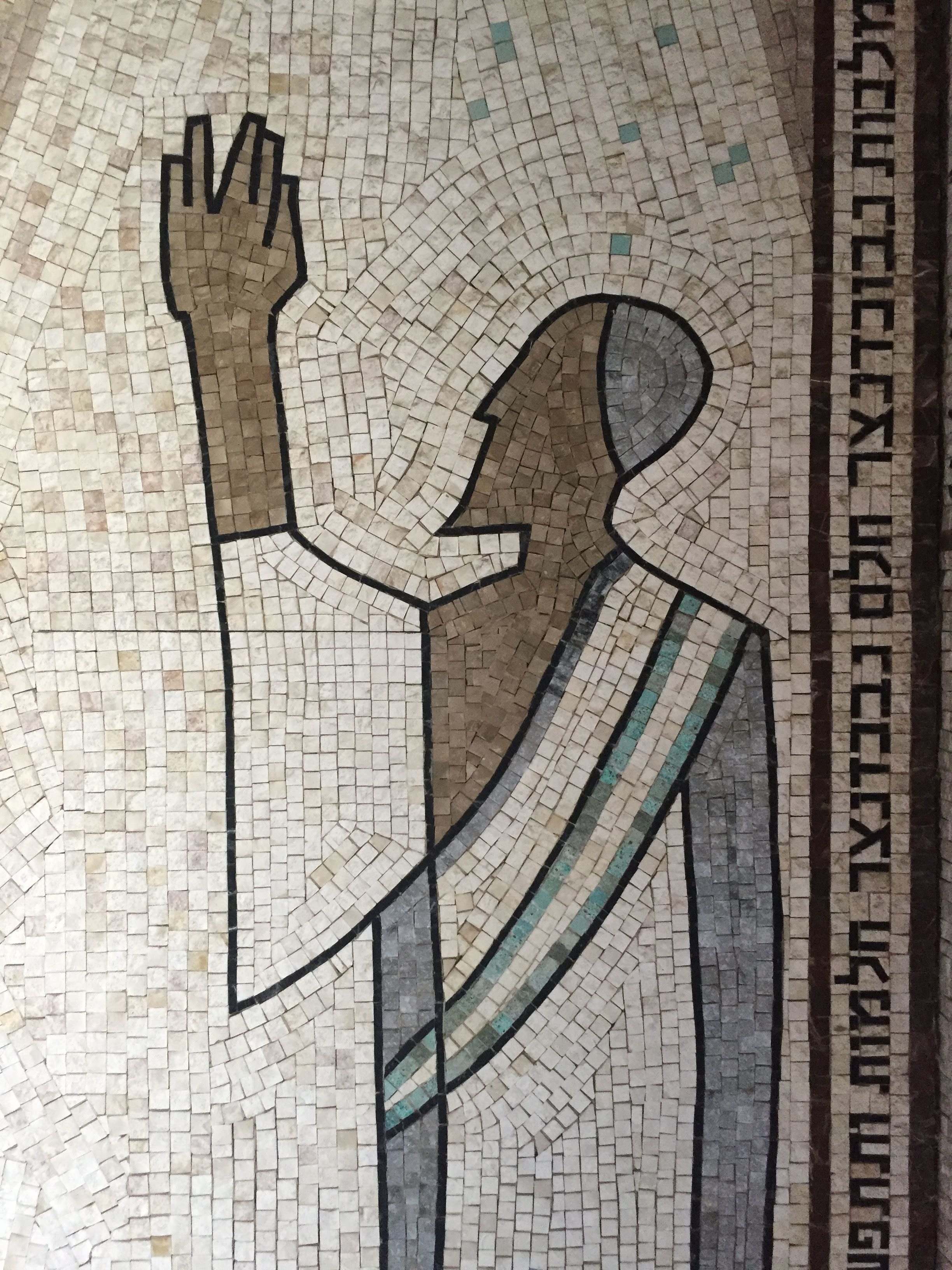
Every so often (not often enough), I find myself flipping through Martin Buber’s anthology called “Tales of the Hasidim.” As I read, I often discover that my appreciation or lack of appreciation for the teachings he shares has much to do with my own spiritual development and thinking. Today I had a moment to pick up this book and found a teaching that resonated with me. The topic is prayer.
From Buber, “Rabbi Moshe of Kobryn related: ‘My teacher, Rabbi Mordecai of Lekhovitz, taught me how to pray. He instructed me as follows: He who utters the word “Lord” and in doing so prepares to say “of the world,” is not speaking as he should. At the moment he is saying “Lord,” he must only think of offering himself up to the Lord, so that even if his should should leave him with the “Lordm” and he were not able to add the word “world,” it would be enough for him that he had been able to say “Lord.” This is the essence of prayer.” (Buber, Tales of the Hasidim: Late Masters).
This teaching presents, quite clearly, the idea of bringing our full attention and awareness to the present moment. For those that don’t know, “Lord of the world” (awkward sounding in English) is a very common phrase in Hebrew prayers. Here we are being asked to not simply gloss over this phrase. Instead we’re being asked to isolate each individual word and speak it fully.
Many of us, especially in the Jewish community, approach prayer with much less than the fullness of our attention, awareness, and being. If we hold up this teaching as a way of assessing the quality and integrity of our prayers, many of us will likely concede that we don’t meet the threshold presented here. The next time I find myself in a prayer space, I am going to see if I can bring my full present-tense awareness to the utterance of a single word.